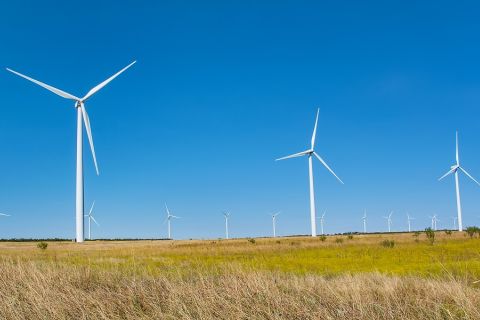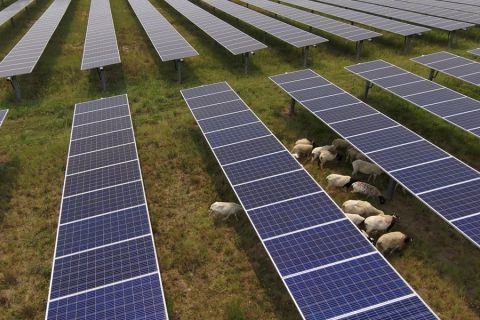Oil and gas activity in the U.S. Midwest and Mountain West declined in the third quarter, but remains generally elevated, the Federal Reserve Bank of Kansas City said on Oct. 7 in a quarterly survey.
The energy activity index fell to 44 from 57 quarter-over-quarter, but remains at one of its highest levels in the survey’s history. The decline comes amid fears that a recession and high prices will dampen demand for oil and gas.
Energy firms expressed a slightly more bearish outlook for future business, with the drilling activity index declining to 25 from 50 in the previous quarter. Executives on average said oil prices need to be at $61/bbl for their businesses to be profitable, and would need an increase to $102/bbl to prompt a substantial increase in drilling.
WTI futures were trading around $92.51/bbl on Oct. 7, up more than $10 in just a week after OPEC+ said it would cut oil production by 2 million bbl/d.
“There is downward pressure due to a slowing economy and inflation pressure is reducing demand,” said one executive who participated in the survey but was not named.
The survey was conducted between Sept. 15 and 30 and covered oil firms operating in Kansas, Colorado, Nebraska, Oklahoma, Wyoming and parts of New Mexico.
Recommended Reading
RWE Boosts US Battery Storage with Three Projects
2024-02-14 - The three projects—two in Texas and one in Arizona—will lift RWE’s total U.S. battery storage capacity to about 512 megawatts.
Avangrid Begins Construction on its First California Solar Farm
2024-04-10 - Avangrid’s Camino Solar project will generate 57 megawatts of power, the equivalent of the power needs of about 14,000 U.S. homes.
Aggreko ETS Acquires Solar Project in Texas
2024-02-01 - Aggreko Energy Transition Solutions will oversee construction, own and operate the clean energy project in support of a Texas energy producer’s drive to decarbonize operations.
Scout Signs Agreement with AdventHealth for Texas Wind Farm
2024-02-01 - Scout Clean Energy will supply a portion of its Heart of Texas wind farm to support 40% of AdventHealth’s electricity needs.
Dominion Energy Grows Virginia Solar Energy Portfolio
2024-04-02 - Dominion Energy will own or acquire four Virginia solar projects, which have a total capacity of 329 megawatts, the company says.





